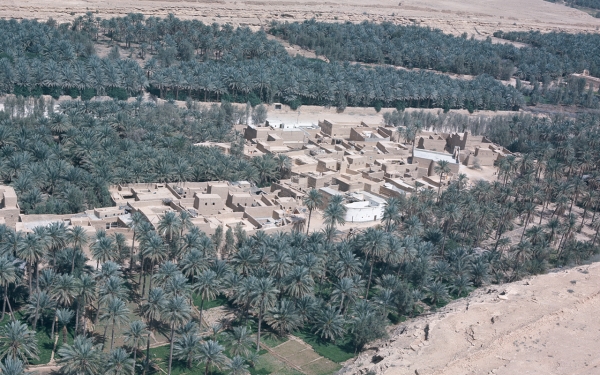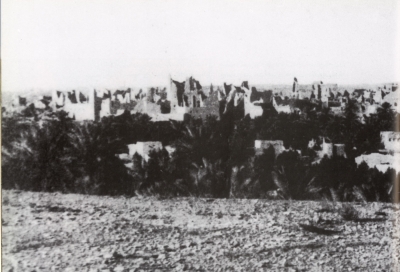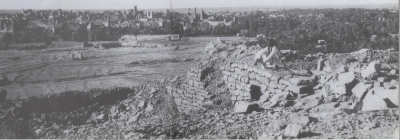

The Judicial System in the First Saudi State refers to the system adopted by the First Saudi State throughout its rule, between 1727 and 1818, to govern the various judicial tasks and affairs. It is based on the provisions of Islamic Sharia.
Judges in the First Saudi State
The First Saudi State has attached utmost attention to judges who ranked second after the Imam and the governor. This rank stems from the work assumed by the judge and his direct connection with the public and personal interests of the people.
Upon expansion to other areas, judges were delegated to these regions to adjudicate upon disputes between people. A judge and a mufti were usually appointed in every large village, while a judge only was appointed in small villages. Judges usually spent many years in the village where they were appointed, where they were not dismissed unless required.
Imam Mohammed Bin Saud, the first ruler of the First Saudi State, was the first to delegate judges to the regions, upon selecting several men he trusted that they were capable of ruling fairly between people. He determined their salaries, to be disbursed from Bayt al-Mal (treasury), and forbade them from accepting money and gifts.
Criteria for the appointment of judges in the First Saudi State
The judicial system in the First Saudi State has determined criteria for those assuming the position of judge. They should be a Sharia scholar and should have good qualities. They should also enjoy experience in resolving disputes between people, be patient and fair, and be known for their integrity.
Duties of judges in the First Saudi State
The judicial system in the First Saudi State assigned several duties to judges, such as pronouncing rulings, writing pledges, drafting commercial agreements, wills, and endowments, and leading Muslims in prayer.
Related quizzes
Related articles

